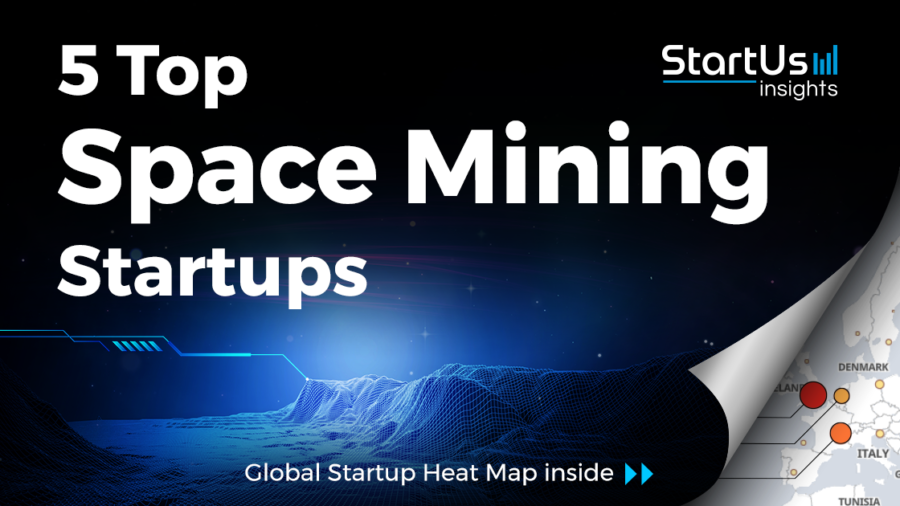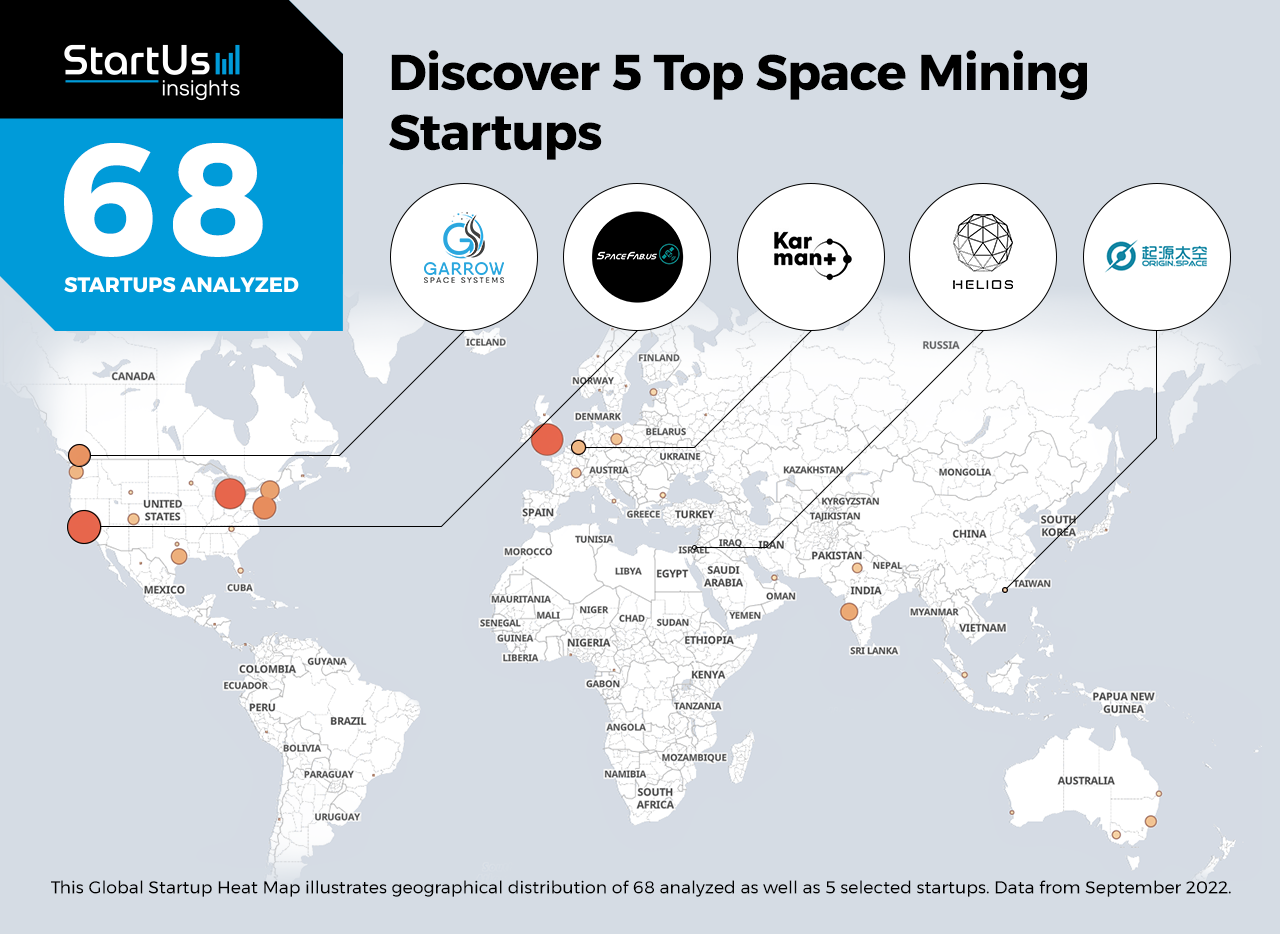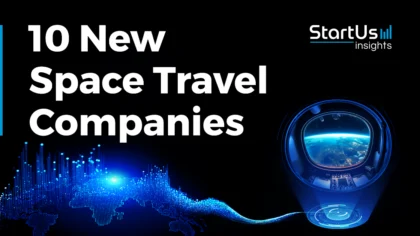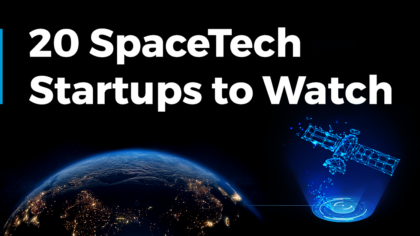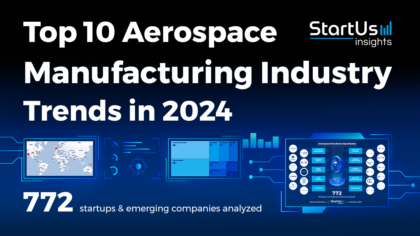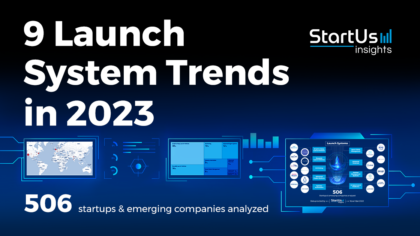Out of 68, the Global Startup Heat Map highlights 5 Top Space Mining Startups
Startups such as the examples highlighted in this report focus on space robots, asteroid mining satellites, electrolysis reactors, and hall-effect thrusters. While all of these technologies play a significant role in advancing SpaceTech, they only represent the tip of the iceberg. This time, you get to discover five hand-picked space mining startups.
The Global Startup Heat Map below reveals the geographical distribution of 68 exemplary startups & scaleups we analyzed for this research. Further, it highlights five SpaceTech startups that we hand-picked based on scouting criteria such as founding year, location, funding raised, and more. You get to explore the solutions of these five startups & scaleups in this report. For insights on the other 63 space mining startups, get in touch with us.
Karman+ advances Near-Earth Mining
Founding Year: 2021
Location: Delft, Netherlands
Partner with Karman+ for Space Propulsion
Dutch startup Karman+ focuses on providing carbon-neutral and sustainable resources by mining near-earth asteroids. The startup’s solution features a meta-survey that brings disparate surveys and observations together. It then combines the data with advanced statistical inference techniques to create a probabilistic model of all near-earth asteroids. This allows companies to promptly identify mineable asteroids for water and advance space propulsion.
Origin Space builds Space Mining Robots
Founding Year: 2019
Location: Shenzhen, China
Innovate with SpaceFab for Planet Defense
Chinese startup Origin Space manufactures space robots for mining space resources. They support satellite remote sensing and monitoring, space target monitoring, as well as space debris positioning and removal. The startup’s X-ray detection satellite and space telescope also observes and analyzes asteroids and their compositions to improve space mining efforts.
SpaceFab makes Deep Space Mining Satellites
Founding Year: 2016
Location: Laguna, US
Work with SpaceFab for Asteroid Metal Mining
US-based startup SpaceFab develops space telescopes and asteroid mining satellites. The startup’s ion engine accelerator technology provides more thrust with the same propellant consumption, which facilitates deep space missions. Moreover, the technology reduces the cost of manufacturing in space.
Helios advances In-Situ Utilization
Founding Year: 2018
Location: Hod Hasharon, Israel
Partner with Helios for Electrolysis Reactors
Israeli startup Helios works on technologies for in-situ utilization. The startup’s electrolysis reactor extracts oxygen and various metals from oxides on martian and lunar surfaces. Using different fabrication methods, the reactor turns the metal into infrastructure components. This advances space missions, including the mining of asteroids and other planets.
Garrow Space Systems develops Hall-effect Thrusters (HET)
Founding Year: 2019
Location: Brooklyn, US
Collaborate with Garrow Space Systems for Space Debris Removal
Garrow Space Systems builds technologies that enable industrial development in space. Its electric propulsion system, Zoran, is a small Hall-effect thruster that serves as the primary propulsion system for CubeSats and other small satellites or as part of an array of thrusters on larger satellites. This way, Garrow Space Systems reduces the economical cost of in-space refueling and manufacturing, commercial space stations, satellite servicing, and asteroid mining.
Where is this Data from & how to Discover More SpaceTech Startups?
Staying ahead of the technology curve means strengthening your competitive advantage. That is why we give you data-driven innovation insights into the space industry. The insights of this data-driven analysis are derived from our Big Data & Artificial Intelligence (AI)-powered StartUs Insights Discovery Platform, covering 2 500 000+ startups & scaleups globally.
The platform gives you an exhaustive overview of emerging technologies & lets you scout relevant startups within a specific field in just a few clicks. To explore more space technologies, let us look into your areas of interest. For a more general overview, download our free SpaceTech Innovation Report to save your time and improve strategic decision-making.
